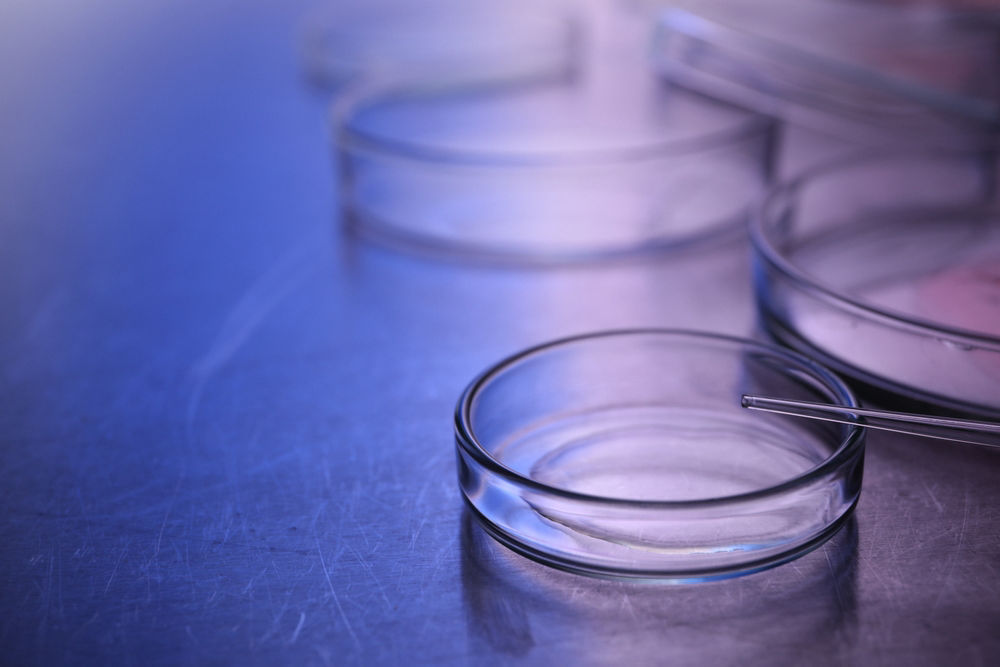

Conducted following your first meeting with the fertility specialist, these tests will help assess the factors that are causing you to be unable to conceive and establish protocols that are specific to your situation.
Here are the tests that are typically performed depending on the situation:
Conducted following your first meeting with the fertility specialist, these tests will help assess the factors that are causing you to be unable to conceive and establish protocols that are specific to your situation.
Here are the tests that are typically performed depending on the situation:

Female patients (intended egg provider or intended pregnancy carrier)
Ovarian reserve
To assess your ovarian reserve, the physician must perform a transvaginal ultrasound between days 2 and 5 of your menstrual cycle, day 1 being the first day of heavy bleeding from your menstrual cycle. We complete the evaluation of ovarian reserve with a blood test that assesses hormonal levels of FSH, AMH and estradiol.
Hysterosonography
Ultrasound exam that allows visualization of the uterine cavity and the permeability of the fallopian tubes. Hysterosonography consists of instilling a saline solution with air bubbles into the cavity to detect certain abnormalities that may lead to partial or total infertility. This examination is performed between the 7th and 10th day of the menstrual cycle. It is important to note that in order to perform this test, you must have a negative chlamydia test result that is less than one year old.
Pre-conception work-up
A pre-conception work-up includes blood tests for both partners (if applicable). It is completed by gynecological tests, namely cytology (pap-test) and culture for chlamydia.
Endometrial biopsy
In some cases, your physician may recommend an endometrial biopsy. This test involves collecting a small sample of the uterine lining to check for chronic inflammation or other abnormalities.

Male patients (intended sperm provider)
Semen analysis
The analysis of your semen will allow us to estimate the number and quality of your sperm. The semen sample should be produced by masturbation only.
In general, you must ensure to have a sexual abstinence of 2 to 3 days. That means a minimum of 2 days and a maximum of 3 days without sexual activity.
But you may be asked to have a shorter abstinence period. It is essential to follow the instructions given to you in order to optimize the analysis in your specific case.
DNA fragmentation
Sperm DNA fragmentation corresponds to “breaks” in the sperm’s genetic material that cannot be detected by conventional examinations. A high number of breaks reduces the chances that a pregnancy will be carried to term, and could be the cause of certain fertility problems.
Pre-conception work-up
A pre-conception work-up includes blood tests for both partners (if applicable).
Sperm Culture
Sperm culture involves detecting bacteria in semen. Their presence is abnormal and can contribute to infertility. This test does not require any sexual abstinence.
Retrograde ejaculation
To learn all the details and steps required for the preparation of this test, please download the document below:
Where are these tests performed?
These assessments can be performed at the CLSC, in a hospital centre, in a private laboratory or at ovo labo. They do not require any special preparation. If you decide to do blood tests at the CLSC or in the hospital, they will be covered by the Régie de l’assurance-maladie du Québec (RAMQ) but it may take 4 to 6 weeks before we receive the results. If you decide to use the ovo labo facilities, please ask for information about the cost of the tests from our receptionists. You will receive the results within seven working days.

